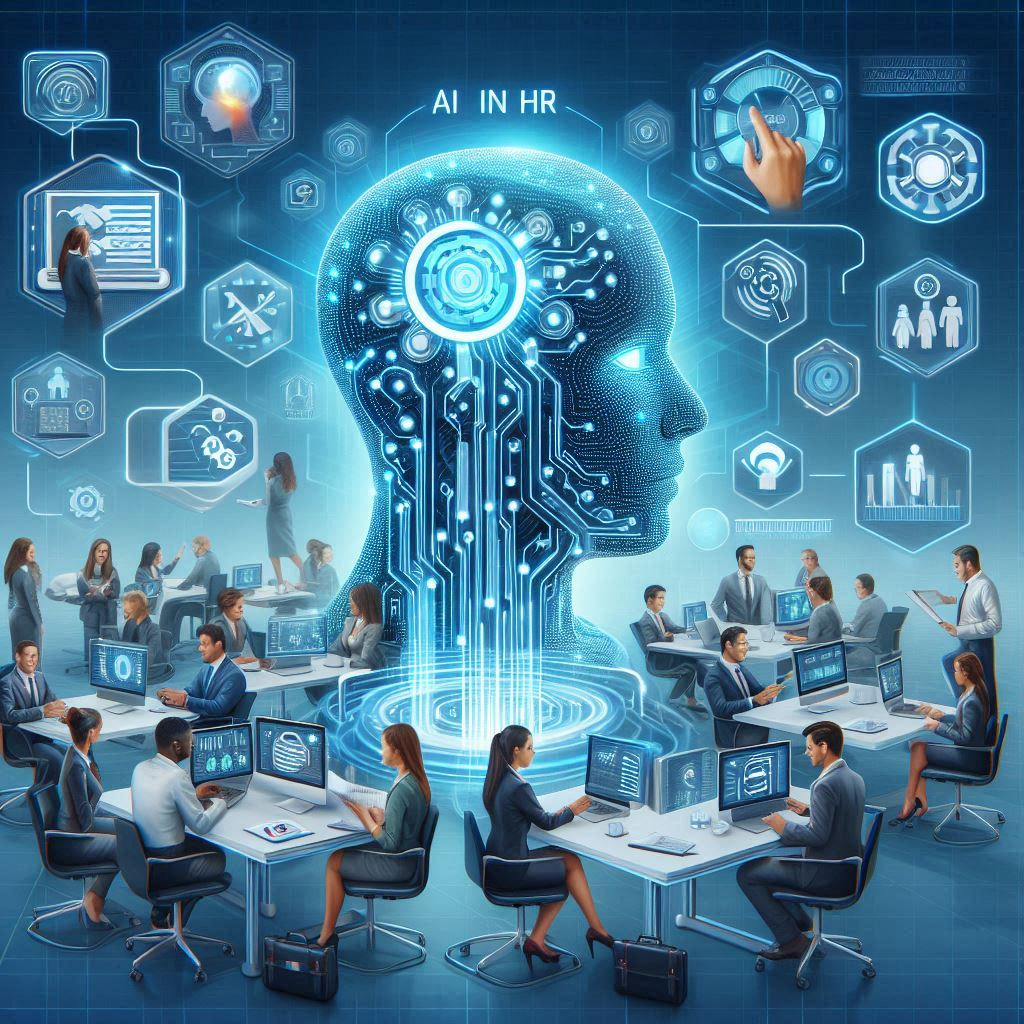
Artificial Intelligence (AI) is changing up HR in ways we’ve never seen before. From automating admin-heavy tasks to making hiring fairer and workforce planning smarter, AI is changing how HR operates.
The truth is, AI isn’t the solution. It’s a tool. And like any tool, how you use it matters more than the technology itself. The best HR leaders will be the ones who know when to lean on AI and, when to step in with real, human insight.
Hiring Smarter, Not Just Faster
Recruitment is one of the biggest areas AI is transforming. Applicant Tracking Systems (ATS) can sift through CVs in seconds, machine learning can predict who’s most likely to succeed in a role, and AI-powered chatbots can handle initial candidate questions.
But AI can’t replace instinct. It can’t read between the lines of a candidate’s story, or pick up on that moment in an interview when someone’s potential really shines through. That’s where HR still plays a crucial role, making sure recruitment doesn’t just become a numbers game, but a process that finds the best people for the right roles.
Keeping Employees Engaged (Before They Walk Out the Door)
Employee engagement is one of the hardest things to measure – but AI is making it easier. Pulse surveys, real-time sentiment analysis, and predictive analytics can highlight disengagement before it turns into a resignation letter. AI-driven insights can flag patterns HR might otherwise miss: who’s at risk of leaving, which teams are struggling, and what’s affecting morale.
But AI alone won’t fix workplace culture. It can highlight issues, but it’s up to leaders to act. The best retention strategies will always come down to one thing: listening. AI can provide the data, but real conversations with employees are what turn insights into action.
Learning and Development: AI-Powered, Human-Led
AI is making workplace learning more personalised than ever. Platforms can track individual progress, suggest tailored learning paths, and even use AI tutors to create interactive training experiences.
But just because AI makes learning more accessible, it doesn’t mean it makes people want to learn. A strong learning culture, where people feel valued, challenged, and invested in, still something HR and leadership teams need to create. AI can deliver the content, but it’s people who build the environment where learning thrives.
How AI is Changing Diversity, Equity, and Inclusion in HR
AI has the potential to remove unconscious bias in hiring and promotion decisions (if it’s trained correctly). Tools can detect biased language in job descriptions, assess candidates based on skills rather than demographics, and analyse diversity data across the business.
But AI is only as good as the data it’s fed. If bias exists in historical hiring patterns, AI can reinforce it rather than eliminate it. That’s why DEI work can’t be left to algorithms alone, HR teams need to keep a close eye on how AI is shaping decisions and step in when things don’t feel right.
Compliance, Risk, and the Role of AI in HR Governance
AI is helping HR teams stay ahead of compliance, whether it’s tracking working hours, monitoring for policy violations, or automating audits. AI-driven security tools are also playing a role in protecting sensitive employee data.
But AI in compliance raises big ethical questions – how much monitoring is too much? What data should be collected, and what crosses the line into surveillance? These are conversations HR leaders need to be having now, before AI-driven governance becomes the norm.
AI Isn’t a Threat—But It’s Not a Fix-All Either
The bottom line? The role of HR is changing. AI has the power to make HR more strategic, more efficient, and more insightful. But it won’t replace the need for real, human leadership. The HR leaders who will thrive in this AI-powered world won’t be the ones who automate everything – they’ll be the ones who use AI to enhance the best parts of HR: empathy, connection, and trust.
Because at the end of the day, people don’t want to work for an algorithm. They want to work for leaders who get them. And that’s something no AI can replicate.

